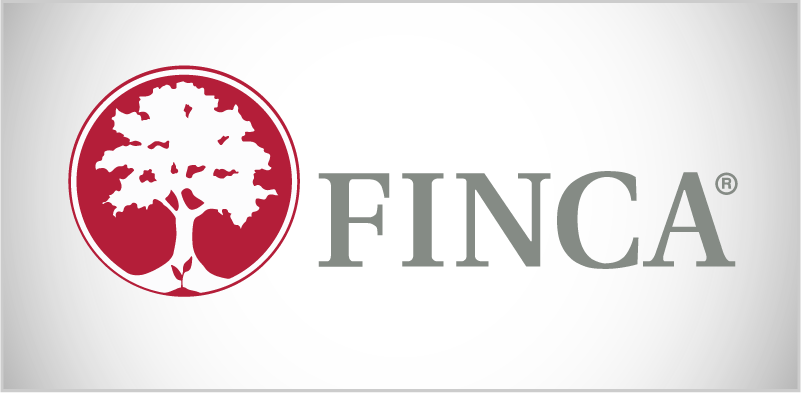Explore how digital loans and innovative loan origination solutions transform financial inclusion in Africa.
The Impact of Digital Loans on Financial Inclusion in Africa
Digital loans have had a significant impact on financial inclusion in Africa. By leveraging technology, these loans make financial services more accessible to individuals and businesses previously excluded from the traditional banking system. With the help of mobile devices and internet connectivity, individuals can now apply for loans and access funds quickly and conveniently. This has opened up opportunities for entrepreneurs to start or expand their businesses, for students to pursue education, and for families to meet their urgent financial needs.
Another important impact of digital loans is the reduction of paperwork and bureaucracy. Many people find it difficult to access loans because of the lengthy approval procedures and extensive documentation required in traditional loan processes. However, with digital loans, the application and approval processes are streamlined, allowing borrowers to submit their applications online and receive quick decisions. This makes the loan origination process more efficient and reduces entry barriers for individuals with limited financial literacy or access to physical bank branches.
Challenges and Solutions in Digitalizing Loan Origination Processes
While digitalizing loan origination processes has numerous benefits, some challenges need to be addressed. One major challenge is the security of borrowers’ personal and financial information. Financial institutions must implement robust security measures to protect sensitive data from unauthorized access or cyberattacks.
Another challenge is the issue of digital literacy. Not everyone has the knowledge and skills to navigate digital platforms and complete online loan applications. To overcome this challenge, financial institutions and other stakeholders should invest in digital literacy programs and provide support to ensure that everyone can effectively utilize digital loan services.
Furthermore, there may be challenges related to connectivity and access to technology in certain areas of Africa. While mobile phones are widespread, internet connectivity may be limited in some regions. Financial institutions should work towards expanding network coverage and improving internet accessibility to ensure that all individuals have equal access to digital loan services.
Collaboration between financial institutions, technology providers, and government agencies is crucial to address these challenges. By working together, stakeholders can develop solutions that overcome barriers and promote the widespread adoption of digital loan processes.
Read More about how Aspekt utilized a digital platform to boost financial inclusion in Madagascar, expanding access to vital financial services for underserved communities.

Advantages of Implementing Loan Origination Solutions
Today, financial institutions can leverage advanced software systems to streamline loan origination processes. These systems enable borrowers to submit their applications online, eliminating the need for paper-based documentation. Additionally, lenders can access and verify borrower information more efficiently, reducing the time it takes to process loan applications.
Faster Loan Processing
The impact of technology on loan origination has been substantial. One of the key benefits is the speed at which loans can be processed. With automated systems, lenders can quickly assess borrower eligibility and make decisions in a fraction of the time compared to traditional manual processes. Technology has also enhanced the accuracy of credit scoring in loan origination. By leveraging advanced algorithms and machine learning, lenders can analyze vast amounts of data to assess borrowers’ creditworthiness more accurately.
Compliance
Additionally, technology enables the integration of anti-money laundering (AML) measures into loan origination processes. This helps financial institutions comply with regulations and prevent fraudulent activities. By automating AML checks, lenders can efficiently identify and mitigate potential risks associated with loan applicants.
Efficiency
Implementing a loan origination system offers several advantages for financial institutions and borrowers. First, it allows for a more efficient and accurate loan application process. With a loan origination system in place, financial institutions can automate various steps of the loan origination process, such as data collection, AML, credit scoring, and document verification. This reduces the need for manual intervention, minimizes errors, and speeds up the time it takes to process loan applications.
The loan origination solutions enable financial institutions to make more informed lending decisions. By analyzing various data points and using advanced algorithms, the system can assess the creditworthiness of borrowers more accurately. This reduces the risk of default and enables financial institutions to offer loans to a wider range of individuals and businesses, including those whose traditional lending practices may have been previously overlooked.
Customer Satisfaction with Loan Origination Solutions
Furthermore, a loan origination system provides borrowers a more seamless and convenient borrowing experience. They can apply for loans online, track the progress of their applications, and receive funds on time. This eliminates the need for physical visits to bank branches and reduces the paperwork involved in the loan process.
Future Trends in Loan Origination Solutions for Empowering Financial Inclusion
Several trends have the potential to empower financial inclusion in Africa further. One such trend is the use of alternative data sources for credit scoring. Traditional credit scoring models often rely on formal credit history, which may be limited to individuals in emerging markets. However, by incorporating alternative data sources, such as mobile phone usage and social media activity, financial institutions can assess the creditworthiness of individuals more accurately.
Another trend is the integration of digital loans with other financial services. By offering a comprehensive suite of financial products, including savings accounts, insurance, and investment options, financial institutions can provide individuals with a holistic approach to managing their finances. This enhances financial inclusion and enables individuals to build a strong financial foundation.
Furthermore, the adoption of blockchain technology has the potential to revolutionize the digital loan landscape. Blockchain can enhance security, transparency, and efficiency in loan origination processes, reducing the risk of fraud and improving the speed of transactions. By leveraging blockchain, financial institutions can provide individuals with a more secure and seamless borrowing experience.
Moreover, the rise of digital platforms and FinTech companies is expected to disrupt the traditional loan lending landscape. These platforms offer innovative loan origination solutions that leverage technology to provide faster and more accessible financing options to borrowers.
With advanced technology and innovative loan origination solutions, financial institutions can empower individuals and businesses, promote financial inclusion, and drive economic growth across the continent.
Ready to discuss and share your thoughts? Let’s talk!













